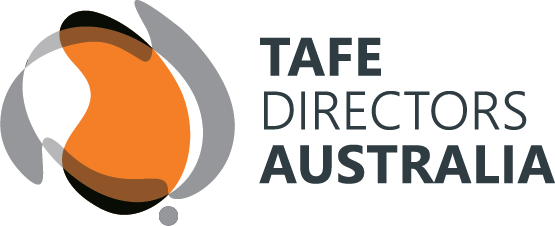CR TAFE WA
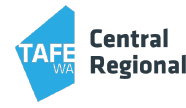
Yamatji Sea Rangers Program (Building Yamatji Nation marine park management capabilities - a Bundi Yamatji Aboriginal Corporation (BYAC) and Batavia Coast Maritime Institute (BCMI) collaboration)
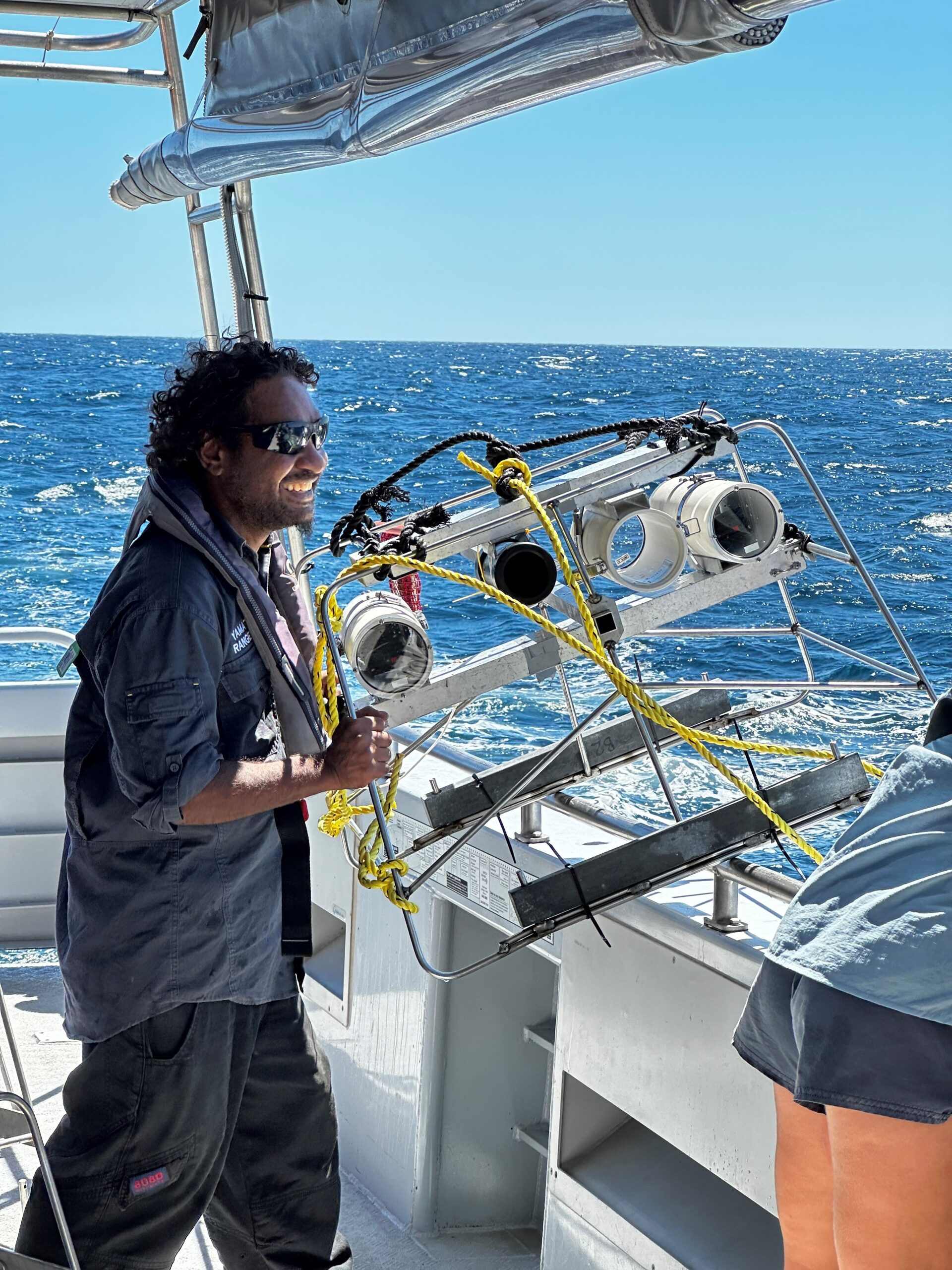
Central Regional TAFE (CRTAFE), in collaboration with Bundi Yamatji Aboriginal Corporation (BYAC) and funded by an Australian Government Our Marine Parks Grant, developed a training program to assist emerging Yamatji Sea Rangers build their capacity to manage their traditional Sea Country, understand the biocultural values of the Abrolhos Marine Park, and be active participants in its management.
The collaboration provided classroom-based training in marine operations, scientific research, and monitoring at Batavia Coast Maritime Institute (BCMI), which was reinforced through practical on-country training using the Marine Training Vessel Master Class alongside Elders’ knowledge and guidance. The training program delivered technical skills required for marine conservation and ecosystem management and focused on vital soft skills like communication, teamwork and time management.
By encompassing technical and soft skills, the program equips participants with a well-rounded skill set, enhancing their employability and effectiveness as Sea Rangers. Integrating traditional Aboriginal knowledge and contemporary scientific practice in the training curriculum is a two-way learning model that respects and values the cultural heritage of the Yamatji peoples while ensuring the training is relevant and applicable to modern conservation efforts.
There were seven Sea Ranger graduates in 2024, and all seven of these re-enrolled in Semester Two 2024 to gain an additional qualification. All seven graduates also now have full time employment.
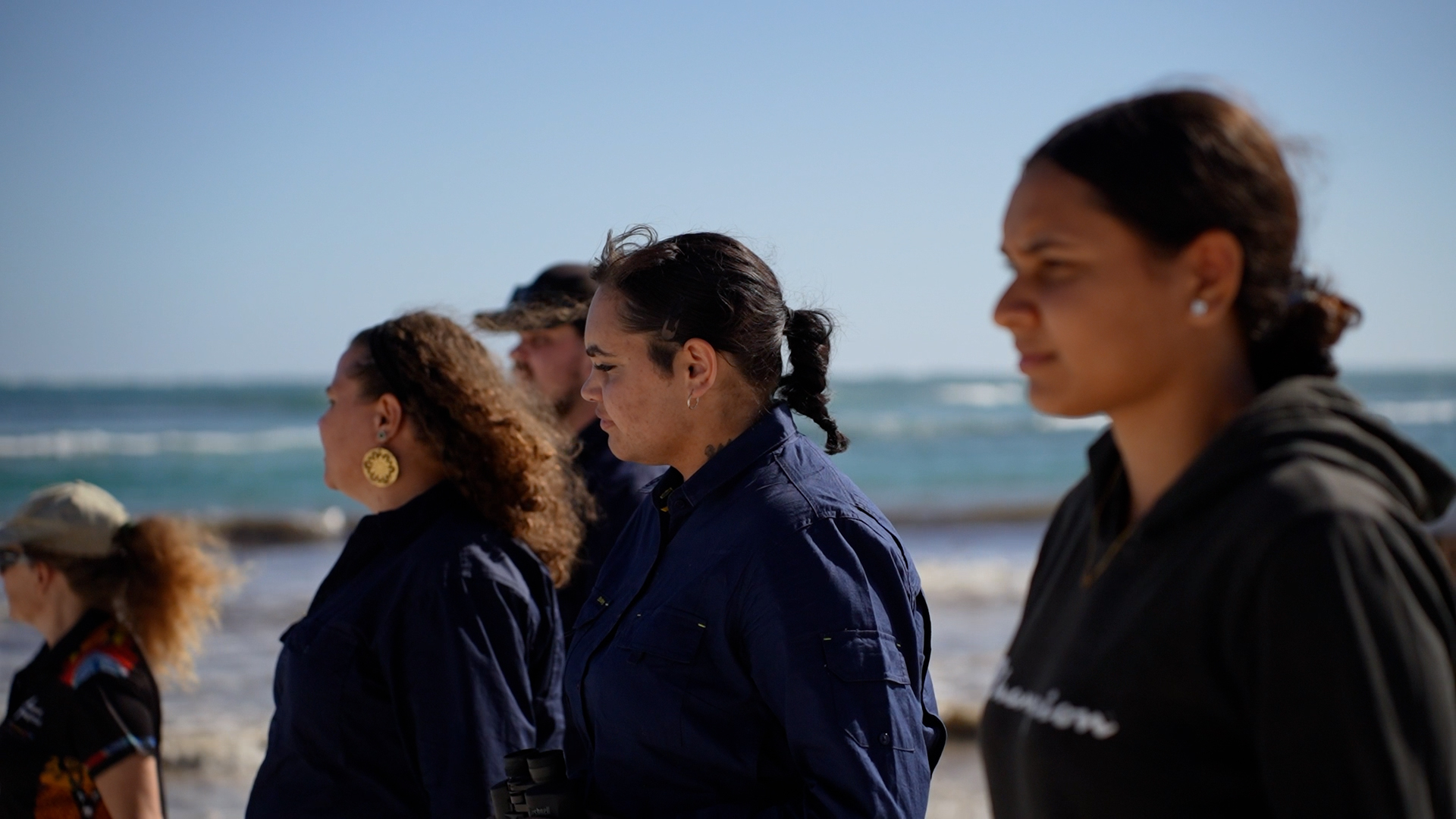
The BYAC-BCMI collaboration’s success stems from the unique synergy between BCMI’s experience in the Houtman Abrolhos Islands and BYAC’s commitment to caring for their Land and Sea Country. BCMI’s established operations in fields including Maritime, Conservation and Ecosystem Management, Aquaculture, and Environmental Science, coupled with its close collaboration with organisations such as the Department of Biodiversity Conservation and Attractions (DBCA), Department of Primary Industries and Regional Development (DPIRD), University of Western Australia (UWA) and the Museum of Western Australia, have been instrumental in creating a solid foundation for this project. This collaboration has been further strengthened with funding from the Australian Governments Sea Country Indigenous Protected Areas Program and Our Marine Parks Grant Program.
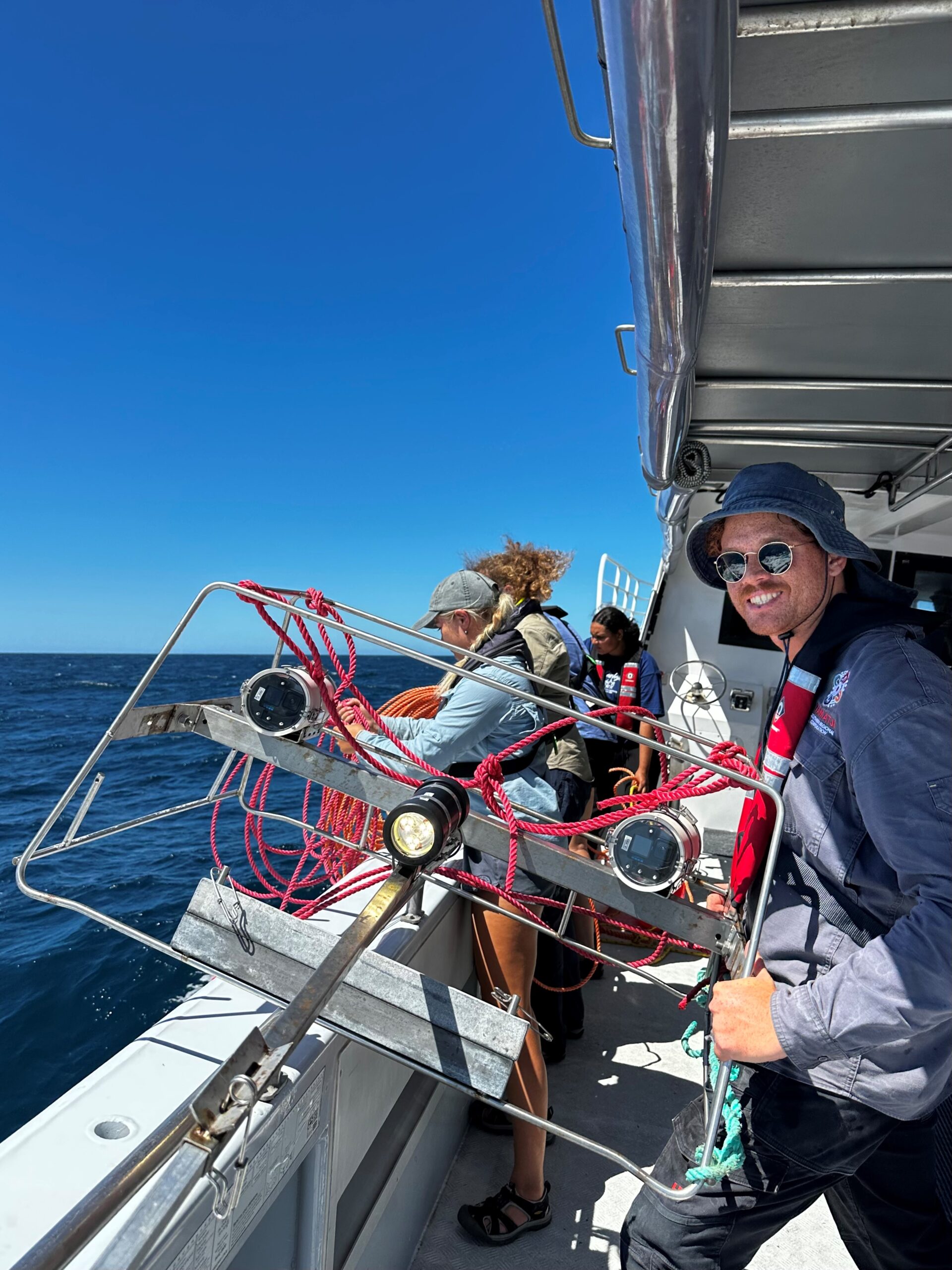
A key factor in the success of this collaboration is the support structure established for students prior to course commencement. Recognising that the path to completing the training program can be challenging, especially for those new to such formal educational and training settings. BCMI’s support system ensures that all students receive the encouragement and assistance they need. This holistic support model goes beyond traditional educational frameworks, acknowledging and addressing the broader needs of the students.
The training outcomes of the project have been designed so that students achieve qualifications and skill sets that are both nationally recognised and culturally pertinent. Students have been awarded qualifications in Conservation & Ecosystem Management, Leadership, Coxswains, and SCUBA diving.
Rangers have increased their technical skills and as a result have been offered opportunities to work at the Abrolhos Islands with different organisations, including the Minderoo Foundation undertaking eDNA surveys and DBCA on sealion surveys and Parks Australia supporting scientific surveys of rock lobsters north of the Abrolhos Islands in the Abrolhos Australian Marine Park offshore.
Furthermore, the educational outreach component of the project, involving schools in the Indigenous Land Use Agreement (ILUA) area, is paving the way for future generations of Yamatji peoples to engage in Sea Country management including within the marine park.
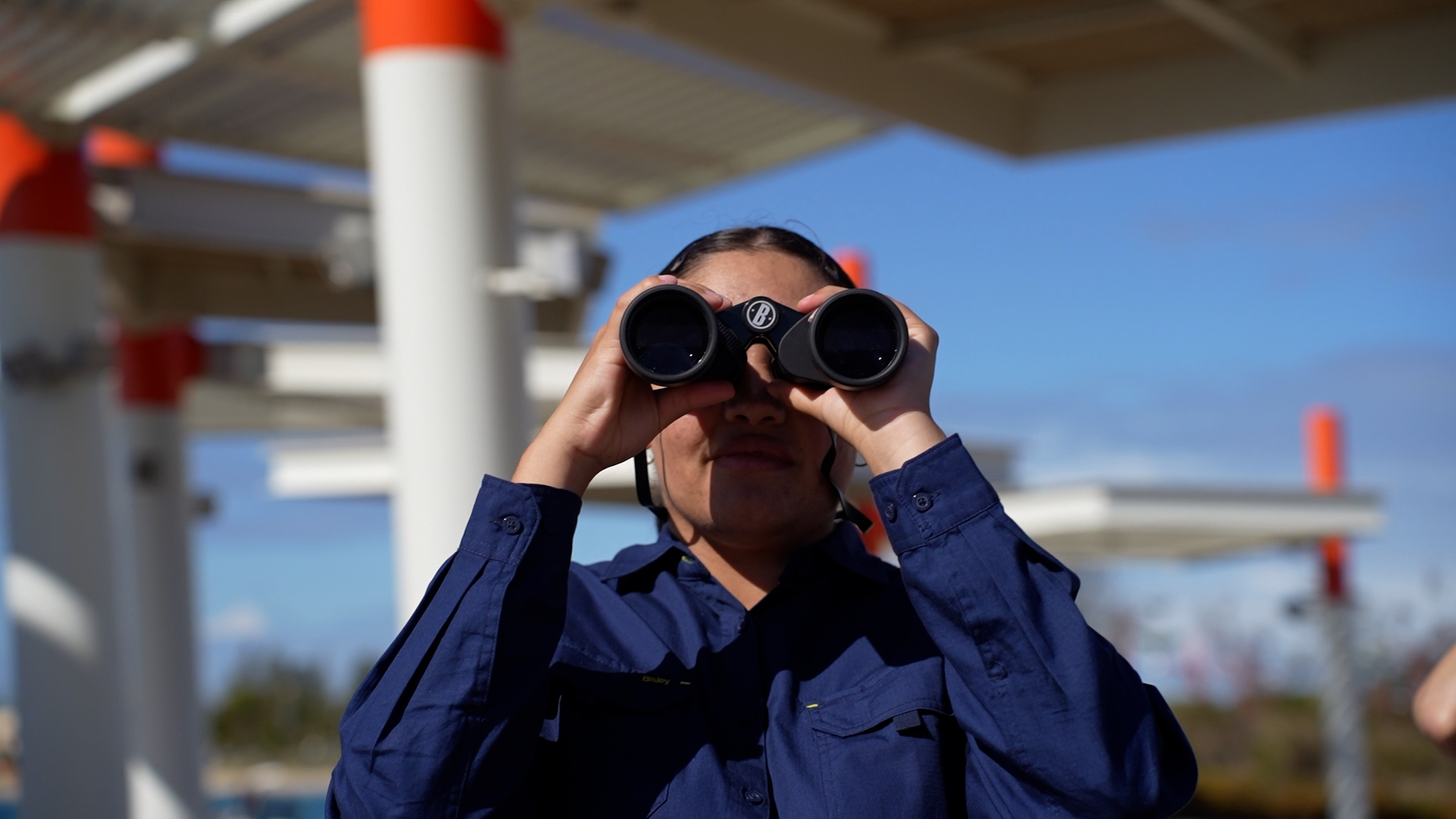
BYAC-BCMI collaboration integrates traditional and modern knowledge systems, creating a model that can be adapted for various industries. This approach involves identifying and working with Indigenous or local communities, developing culturally sensitive training programs, and integrating traditional and modern knowledge systems. CRTAFE are extending this model across Western Australia’s Midwest and exploring opportunities in Gascoyne and Wheatbelt regions. For example, CRTAFE is offering Certificate I in Tourism (Australian Indigenous Culture) to various Aboriginal Corporations across the Midwest and Gascoyne regions using a similar collaboration model.
The collaboration between BYAC and BCMI, through the Aboriginal Sea Ranger Project, is a testament to effective industry collaboration. The project was developed to provide hands-on, culturally sensitive training which is accessible and directly relevant to the Yamatji peoples and delivered outcomes that support the ongoing management and health of Australian Marine Parks, but also showcases what can be achieved with respectful, two-way collaboration.
